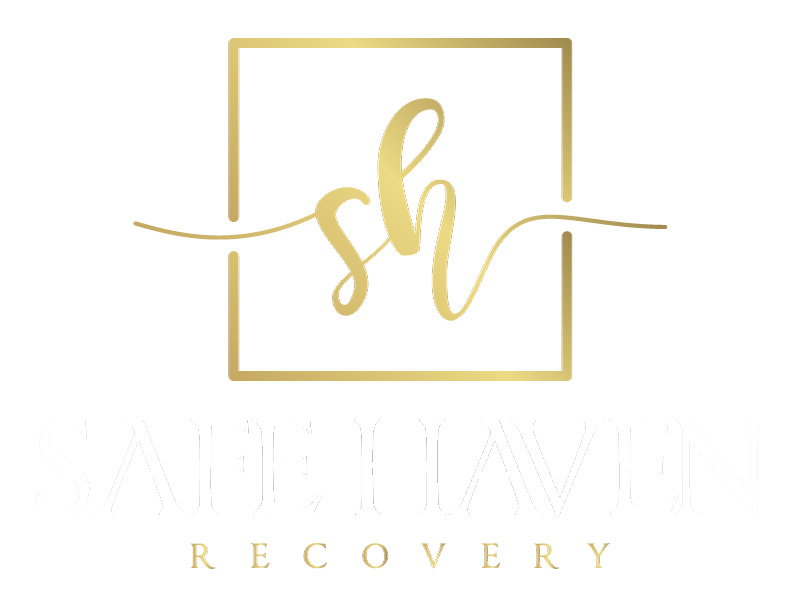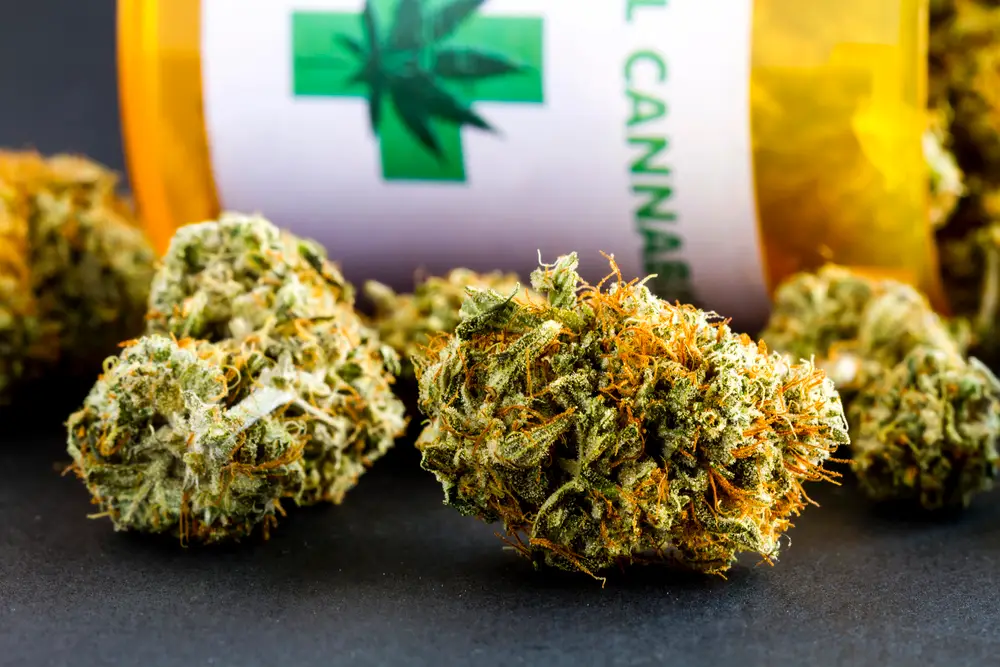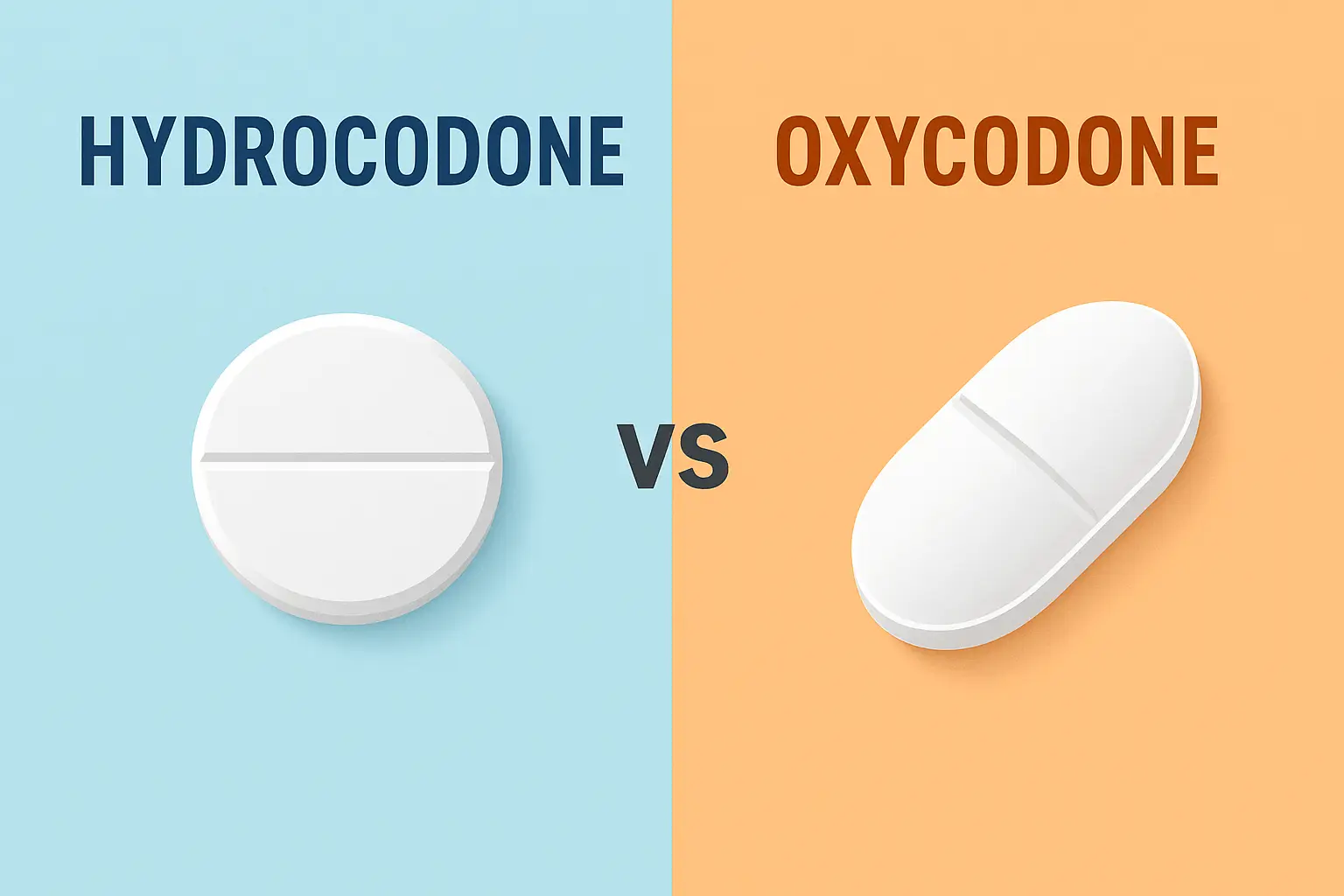
What Are Co-Occurring Disorders and How to Get Help for Them
Many people develop substance use disorders and also struggle with mental health disorders. For some, mental health is the catalyst for turning to drugs or alcohol. For others, consistent use of substances leads to the onset of mental health disorders. In either case, a person experiencing both conditions needs help for both at the same time. This is called dual diagnosis. It’s a treatment plan for co-occurring disorders, a term used to describe situations where both conditions are present.
It’s estimated that 9.2 million adults in the U.S. have co-occurring disorders, according to the 2018 National Survey on Drug Use and Health from the Substance Abuse and mental Health Services Administration. Some studies indicate that about 60 percent of adolescents develop co-occurring disorders while about 43 percent of adults develop this condition, depending on when they start using, according to the National Institute on Drug Abuse.
What Are Some Co-Occurring Disorders?
Many types of substance abuse and mental illness can occur together. Some of the most common mental disorders that are seen in this condition include:
- Mood disorders
- Anxiety and other mood disorders
- Post-traumatic stress disorder (PTSD)
- Bipolar disorder
- Depression
- Schizophrenia
- Attention-deficit hyperactivity disorder (ADHD)
People with co-occurring disorders may use any type of substance, but some of the most common include misuse of the following:
Also, know that there are some diseases that are more commonly found in people with substance use disorders, including:
- Hepatitis
- HIV/AIDs
Dual diagnosis does not treat these types of medical conditions. A physician will work with patients to treat these conditions.
Why Do Mental Health Disorders and Substance Use Disorders Occur Together?
It is not always the case that one of these disorders caused the other, though that can occur as well. In some situations, one appears first, but other times they begin to occur at the same time. Researchers still are learning why this happens, but there are a few key reasons it does:
Many people have common risk factors for both conditions. That includes high stress levels, genetic links, trauma, environmental factors, and limited support.
Some turn to substances to deal with the symptoms of mental health disorder. They may turn to stimulants to help with depressive feelings or depressants like alcohol when they feel anxious all of the time.
In some, substance use can contribute to or unlock the predisposition a person has to develop a mental health disorder.
Diagnosing Co-Occurring Disorders
Even as common as these conditions are, it can be very challenging for doctors and therapists to diagnose co-occurring disorders, especially when a person is actively using substances. A series of questions, physical examinations, and testing can provide more insight into the likelihood of both conditions being present.
Keep in mind that a person that has both conditions but does not receive treatment for both at the same time is likely to struggle with recovery. They are at an increased risk of relapse. However, dual diagnosis can be very effective.
How Dual Diagnosis Works
Treatment for both conditions is critical at the same time. That means that a person has to stop using drugs and alcohol and then work with their therapist and doctor to create a treatment plan for their mental health disorder. Here are some components that may be a part of this process.
Detoxing
For those with moderate to severe addiction and dependence, a process of detoxing may be the first step. During this process, the body removes the toxins from the system. At the same time, the brain and body must re-learn how to operate without those substances present. This means working through withdrawal symptoms. Within a few days to a week or so, detox works to break dependence on substances, creating more mental clarity for an individual.
Medical detoxification helps safely remove substances from the body while managing withdrawal symptoms, providing a stable foundation for ongoing dual diagnosis treatment.
Medications for Mental Health
The next step in this process is to address the presence of mental health disorders. For some, medications may be necessary to help reduce the symptoms a person has. Medications take some time to balance but are one of the most effective ways to bring moderate to severe mental health disorders under control.
Behavioral Health Treatment
Talk therapy is another core component of mental health treatment for co-occurring disorders. During this type of therapy, a person will work on a variety of needs:
- Learning about their mental health disorder and substance use disorder
- Develop skills to deal with these two conditions in real, everyday situations
- Work on past trauma or pain that may have contributed to the onset of their condition
- Learn to develop stress-management and negative-talk skills to help them to avoid feeling the need to use substances
- Developing skills to manage mental health disorder in their daily life
It may also be necessary to work to build confidence, address relationships, and complete group therapy. Family therapy is also important.
MAT
Medication assisted treatment, MAT, is often a component for helping many people work through dual diagnosis. Medications may help to manage the symptoms of addiction and help an individual to regain more control over their thoughts and actions.
Residential and Outpatient Treatment
For many people with mental health and substance use disorders, residential treatment is often a necessary step. It enables a person to work through what is occurring in a safe, drug-free environment where there is 24-hour care available. Residential treatment also gives providers time to balance medications for mental health and to create a more intensive treatment plan.
At Safe Haven Recovery, our luxury rehab in Beverly Hills provides a serene, supportive environment for individuals seeking recovery from co-occurring disorders, offering evidence-based treatment in a comfortable and private setting.
Many people then graduate into an outpatient treatment program. This program means getting back to life and living at home, but with new skills. A person will still come in for therapy but often on a less frequent basis.
Ongoing Support Groups
Dual diagnosis is very effective when people maintain it long term. While formal, residential treatment may not be necessary long term, ongoing support is needed to help a person to maintain their mental health and wellbeing.
Having local support groups to turn to during rough periods, a mentor to reach out to, and ongoing support from a therapist helps maintain control. If you’re ready to take the next step toward recovery, contact us today to learn how Safe Haven Recovery can help.”






